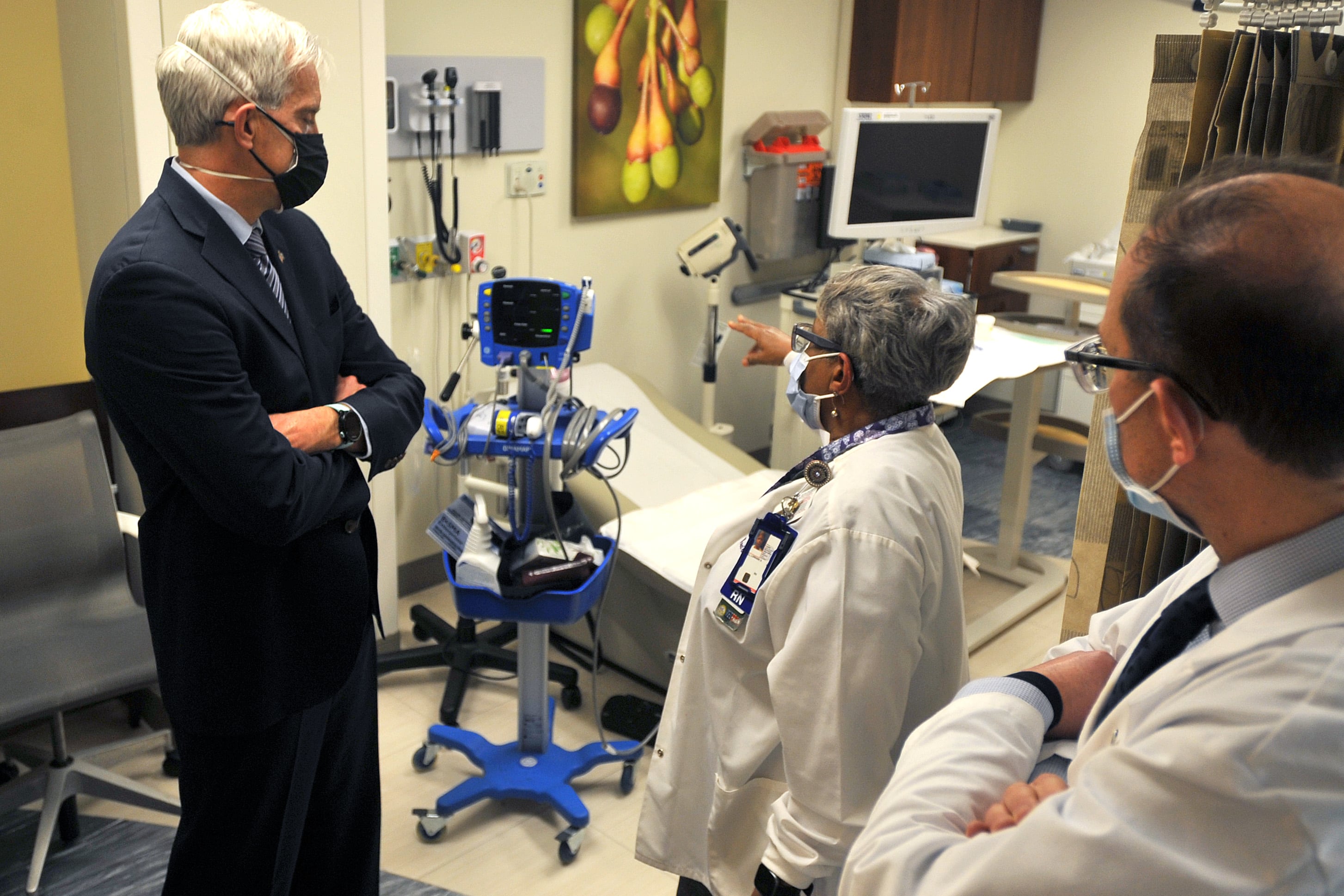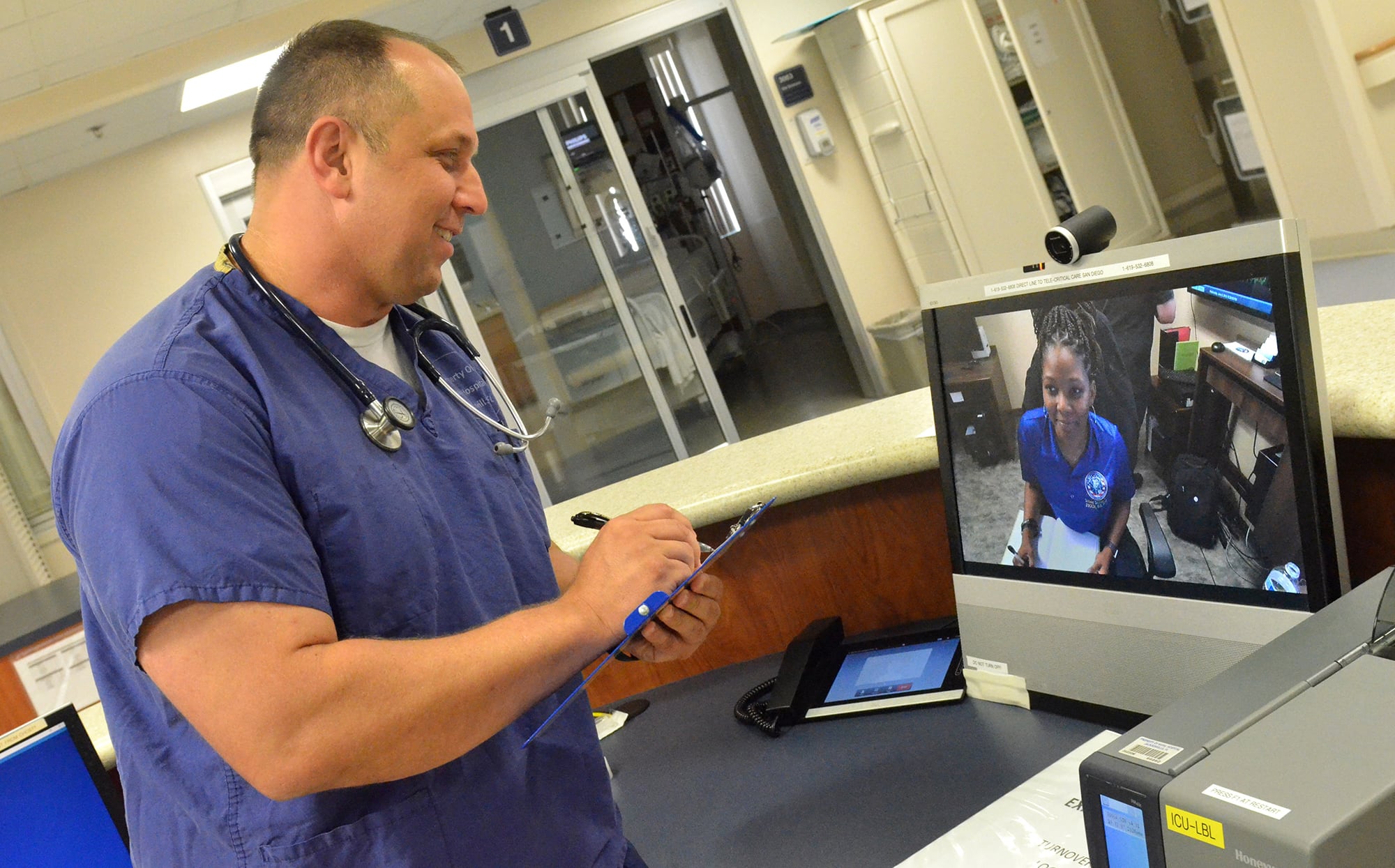House appropriators backed White House plans for another big funding boost for the Department of Veterans Affairs next year in their first public budget draft released on Thursday.
The plan, to be voted on by a House Appropriations subcommittee on Friday morning, calls for $113.1 billion in discretionary spending for VA programs in fiscal 2022, an increase of almost 8 percent from current levels and about $176 million more than what President Joe Biden asked for in his budget proposal released last month.
If approved, the proposal would push total department spending over $270 billion next year.
“This bill demonstrates a strong commitment to our servicemembers, their families and our veterans,” said Rep. Debbie Wasserman Schultz, D-Fla., in a statement accompanying the budget proposal release. “It’s a blueprint to make our VA and military stronger and more responsive to all those who proudly protect America, now and in the past.”
RELATED

The budget draft also includes $10.9 billion for military construction projects next fiscal year, about $3 billion above current year levels and $1 billion more than the president’s request.
House appropriators are expected to advance the plan to the full chamber next week, with a possible vote on the package in late July. But it will likely still be months before a final budget agreement is reached on VA and military construction spending with Senate lawmakers.
The latest plan calls for $97.6 billion for veterans medical care spending. Of that, $778.5 million would be earmarked for gender-specific care for women veterans ($73 million more than what the White House requested), $902 million for medical and prosthetic research ($20 million more) and $84 million for “whole health” initiatives ($10 million more).
Lawmakers largely matched other White House program priorities for the department, including $13.2 billion in mental health care spending, $2.2 billion for homeless assistance programs, $621 million for opioid abuse prevention efforts, and $307 million for rural health initiatives.
RELATED

“Our veterans have risked their lives to keep our nation safe,” Appropriations Committee Chair Rosa DeLauro, D-Conn., said in a statement on the draft budget plan. “Whether they are still fighting or returning home, it is our duty to make sure these brave men and women and their families have the support and the care they need.”
While numerous federal agencies have seen flat or reduced spending in recent years, the Department of Veterans Affairs has seen significant annual growth.
In fiscal 2001, the VA budget totaled about $45 billion. By fiscal 2011, it was about $125 billion, almost triple that total. Ten years later, in fiscal 2021, the department’s budget was nearly double that again, at $243 billion.
Leo covers Congress, Veterans Affairs and the White House for Military Times. He has covered Washington, D.C. since 2004, focusing on military personnel and veterans policies. His work has earned numerous honors, including a 2009 Polk award, a 2010 National Headliner Award, the IAVA Leadership in Journalism award and the VFW News Media award.




